
3 Natural Ways to Remove Calcium Buildup in Your Bathroom
3 Natural Ways to Remove Calcium Buildup in Your Bathroom Without Harsh Chemicals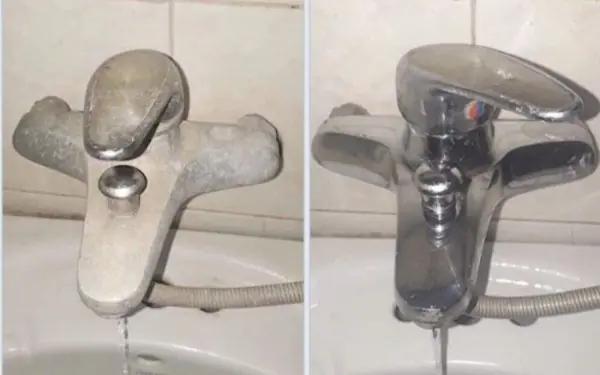
Calcium buildup, also known as limescale, is a common issue in bathrooms, especially in areas with hard water. It can leave unsightly stains on showerheads, faucets, tiles, and glass surfaces. Fortunately, you don’t need harsh chemicals to restore your bathroom’s shine. Here are three effective, eco-friendly methods to clean calcium buildup using natural ingredients you likely already have at home.
1. White Vinegar: The All-Purpose Limescale Fighter
White vinegar is a natural acid that works wonders against calcium deposits.
How to Use:
Mix equal parts white vinegar and water in a spray bottle.
Spray the solution directly onto the affected areas, such as showerheads, faucets, or tiles.
Let it sit for 30 minutes to an hour. For stubborn buildup, soak a cloth in vinegar and wrap it around the area.
Scrub gently with a sponge or an old toothbrush and rinse thoroughly with warm water.
Why It Works:
The acidity in vinegar dissolves calcium deposits, leaving surfaces clean and shiny without harmful chemicals.
2. Baking Soda Paste: A Gentle Scrubbing Agent
Baking soda is an excellent natural cleaner that works well for scrubbing stubborn limescale.
How to Use:
Mix baking soda with a small amount of water to form a thick paste.
Apply the paste to the affected areas and let it sit for 15-20 minutes.
Use a soft brush or sponge to scrub the area gently.
Rinse thoroughly with water and wipe dry with a clean cloth.
Why It Works:
Baking soda’s mildly abrasive nature helps loosen and lift calcium deposits without scratching surfaces.
3. Lemon Juice: The Citrus Solution
Lemon juice is another natural acid that’s highly effective against limescale, with the added bonus of a fresh scent.
How to Use:
Cut a lemon in half and rub it directly onto the stained surfaces, squeezing the juice as you go.
Let the lemon juice sit for 15-20 minutes to break down the calcium buildup.
Scrub gently with a brush or sponge, then rinse with warm water.
For larger areas, you can mix lemon juice with water in a spray bottle and apply it like vinegar.
Why It Works:
The citric acid in lemon juice dissolves calcium deposits while leaving behind a clean and pleasant smell.
Bonus Tips for Prevention
Dry Surfaces: After every shower, wipe down tiles, glass, and fixtures with a dry cloth to prevent water spots and buildup.
Soft Water: Consider installing a water softener to reduce the mineral content in your water supply.
By using these natural methods, you can maintain a sparkling clean bathroom without exposing yourself or the environment to harmful chemicals.
News in the same category


Hang these leaves at your door and watch flies and mosquitoes disappear

Identifying Venomous vs. Non-Venomous Snakes
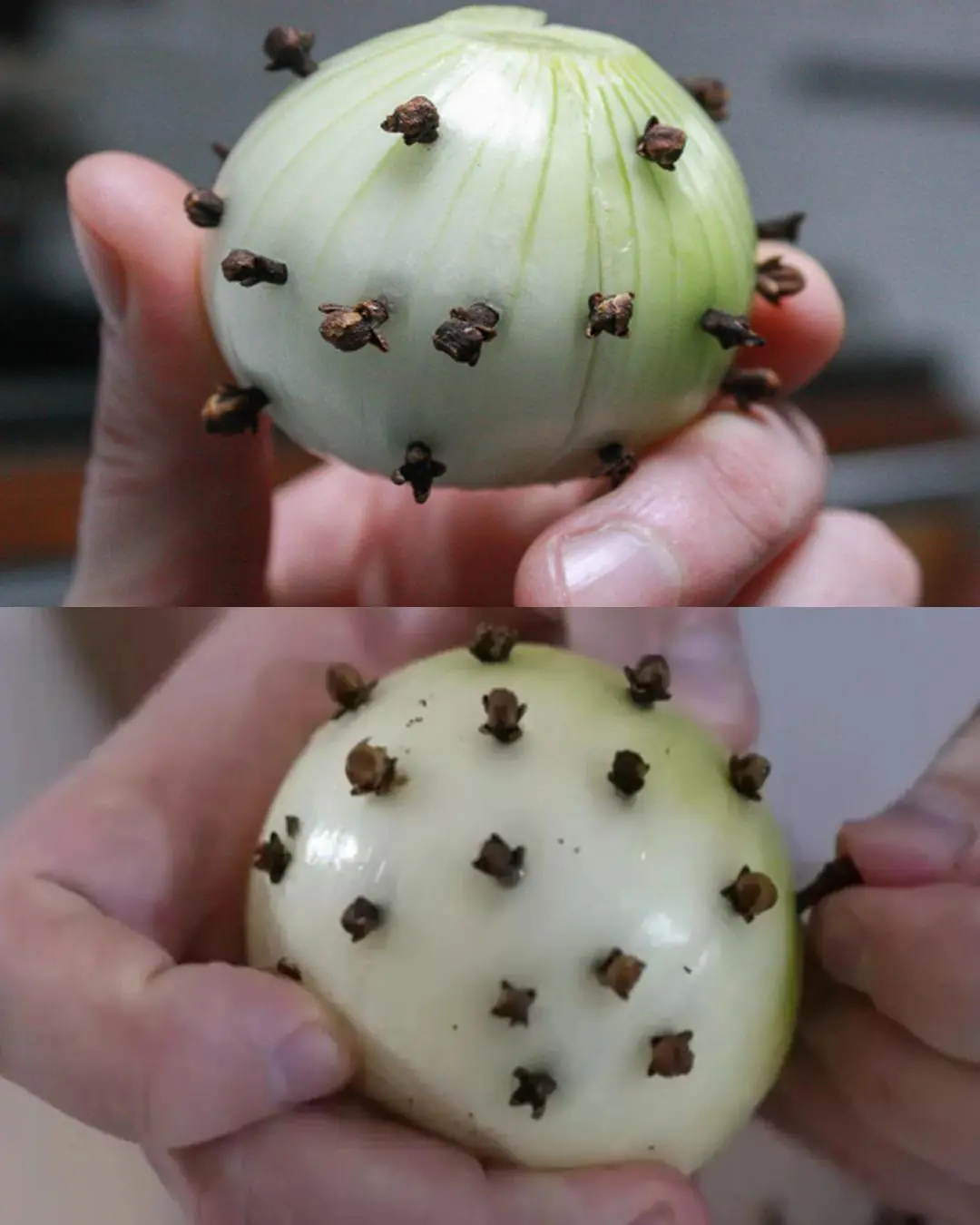
The surprising trick of sticking cloves into an onion

A Step Many Think Makes Chicken “Clean” Actually Does the Opposite: Experts Everywhere Say Stop Immediately
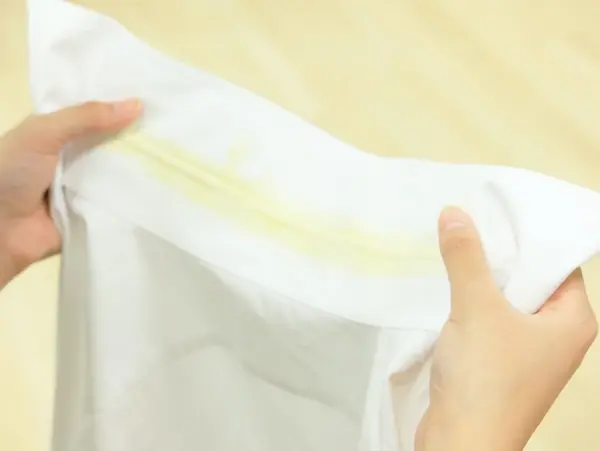
4 simple and effective tips to clean yellow sweat stains on white shirts at home that anyone can do it
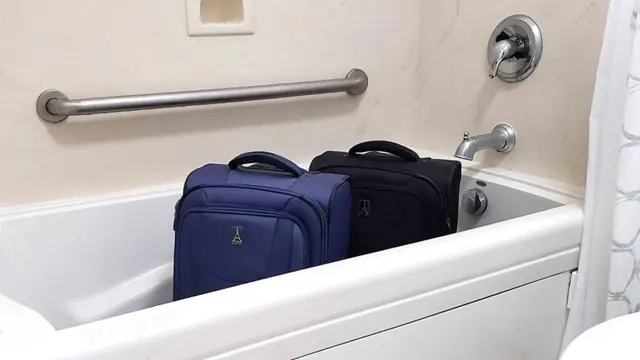
Why many people place their suitcase in the bathtub right after checking into a hotel room

7 Beautiful, Fragrant Plants That Naturally Repel Mosquitoes

Plants That May Attract Snakes to Your Home: What You Should Know
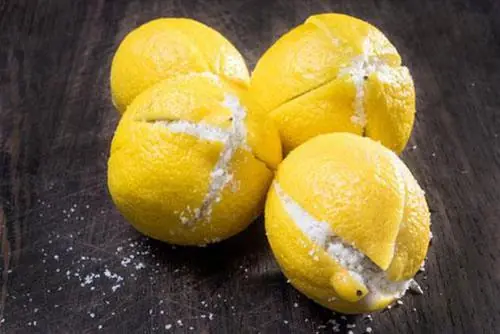
Little-known benefits of placing lemon with salt in the room

Why Sprinkling Salt on a Gas Stove Is a Smart Household Trick

A Simple Kitchen Trick: Add This Fruit When Boiling Duck to Remove Odor and Boost Flavor

Never store your cooked rice without knowing this
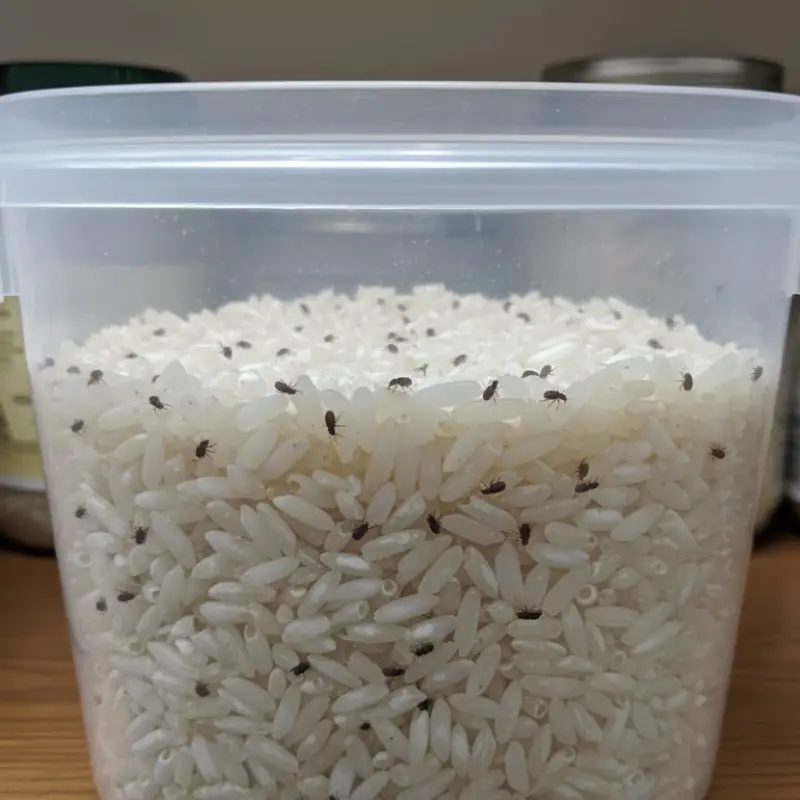
How to store rice to prevent insects and mold: Tips to keep rice fresh and flavorful

Why placing a roll of toilet paper in the fridge can effectively remove odors?
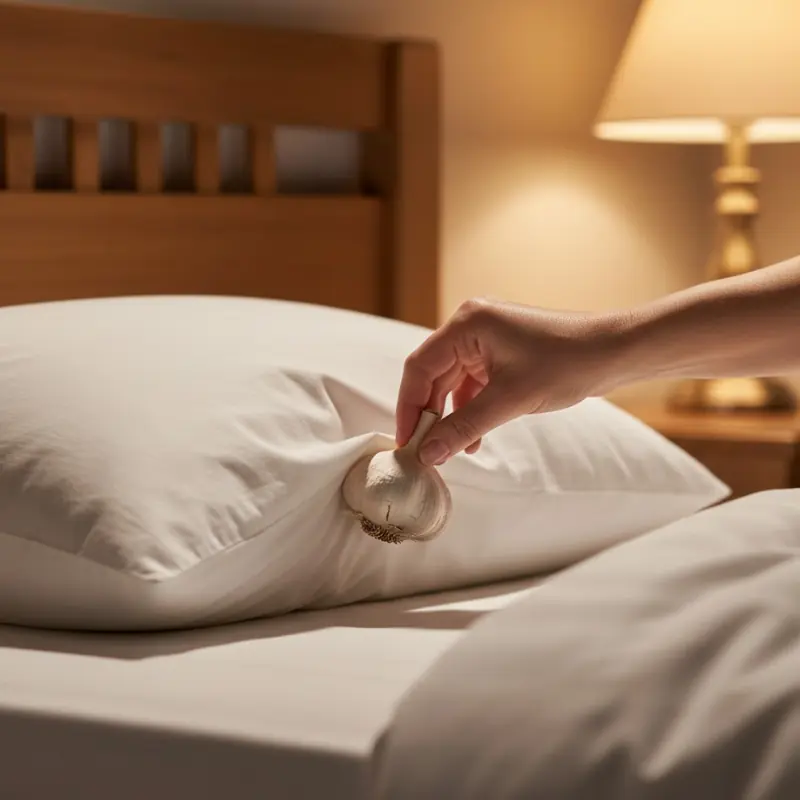
Why Should You Place Garlic by Your Bedside at Night? Everyone Will Want to Try It Immediately

6 plants that snakes are strongly attracted to, and 3 that naturally keep them away
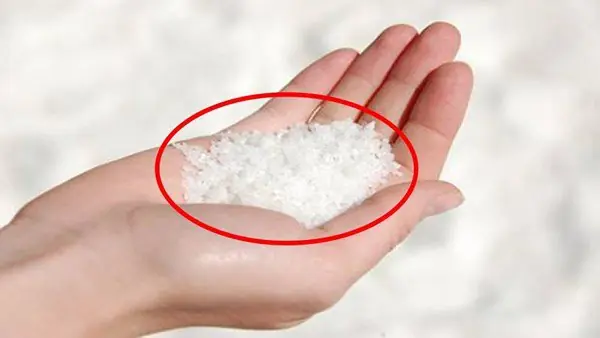
Sprinkling salt in door cracks: A simple habit with surprising meaning and practical benefits

Goodbye fleas, ants, and cockroaches with this home remedy

3 Easiest Ways to Get Rid of Mice in Your House
News Post

4 types of vegetables that cancer cells fear the most, doctors remind: eating a little bit often is good for your health
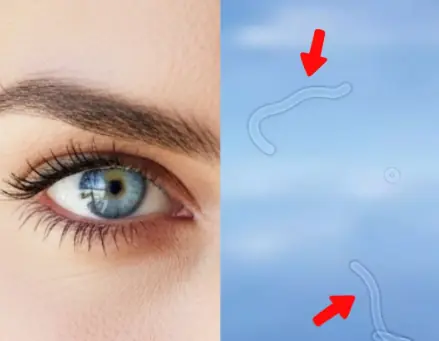
What Are Eye Floaters? Here What To Do If you Start Seeing Them, According to an Eye Doctor

Reasons You Could Have Numbness or Tingling Sensations in Your Hands

Son took his mother to a nursing home and only visited her from time to time
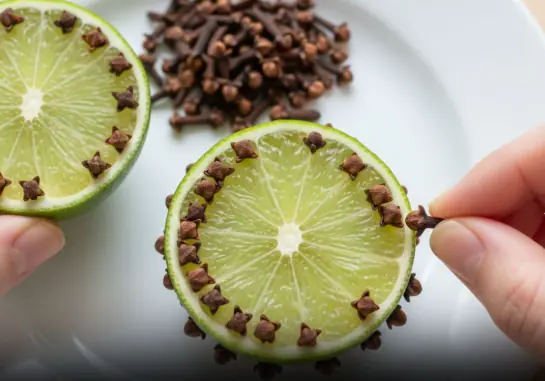
Take this and stick it in a lemon and leave it in the corner of the house
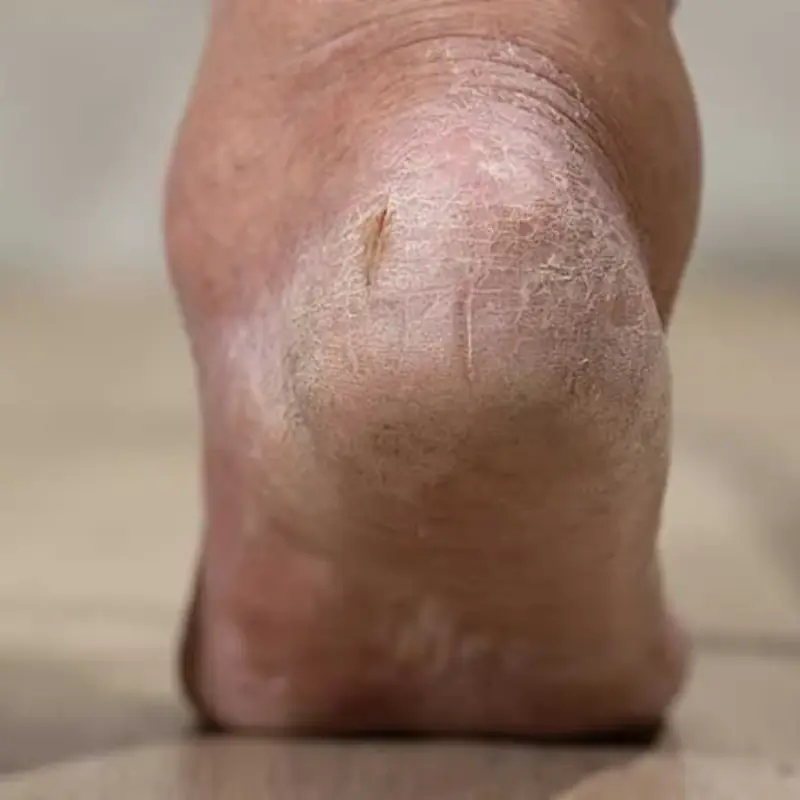
These 5 Changes in Your Feet Might Be Linked to Kid.ney Health Issues

Put ginger next to your pillow when sleeping: A simple secret for good health and sleep

Strawberry Banana Cream Cake

Why do dogs ba.rk and bi.te some people but not others? There's always a reason!
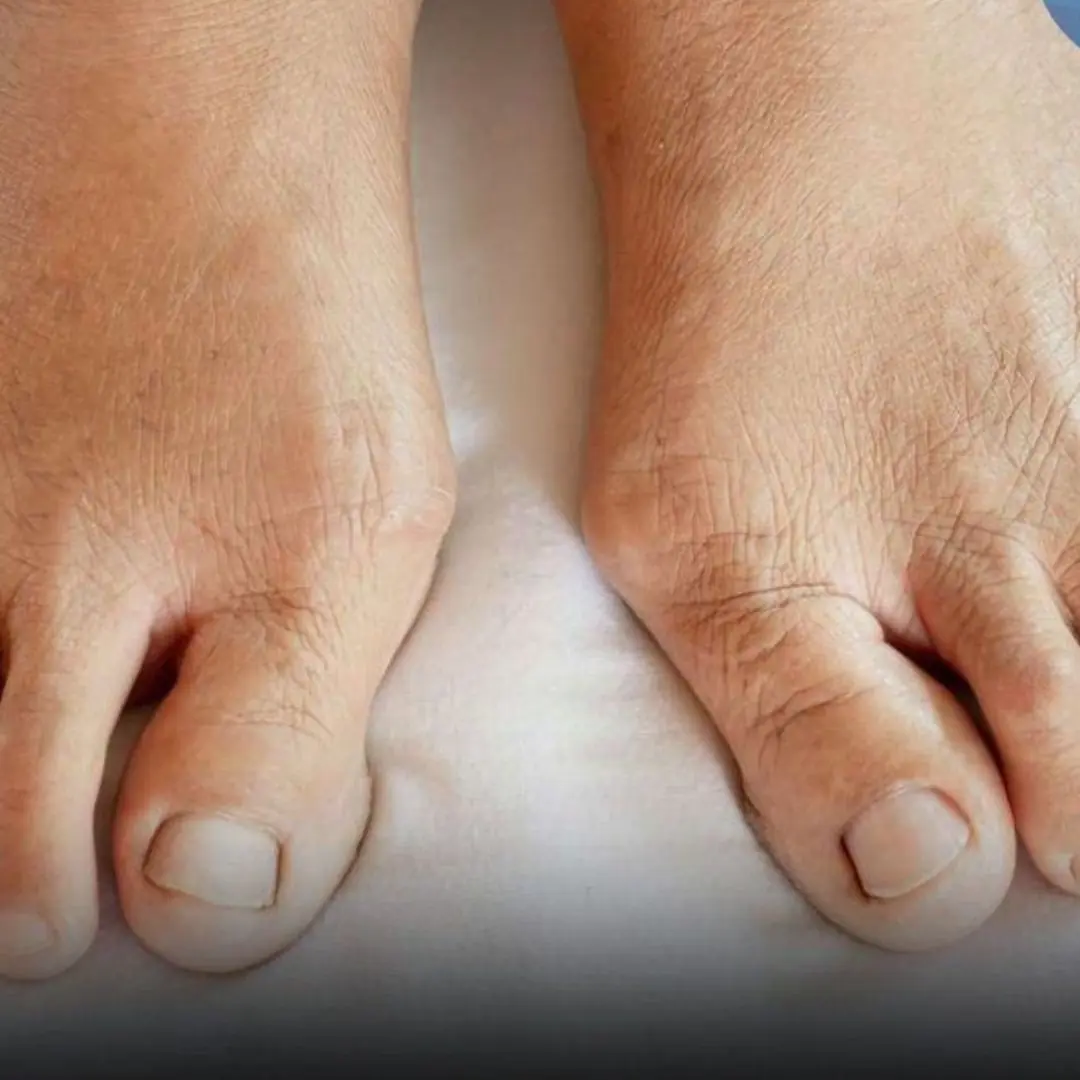
To know if your internal org.ans are infected, just look at your feet. If there are 3 signs, you need to go to the emergency room

These red dots on your skin may mean more than you think

The effect of stewed chicken feet with black beans is as good as ginseng

The Meaning Of The Intriguing Gesture Of Scratching The Palm Of Another Person’s Hand

Okra Is Nutritious, but These 5 Groups of People Should Avoid It

Packed with powerful nutrients, these 3 humble vegetables are hailed in Japan

Every morning when you wake up, you must pay attention to your health
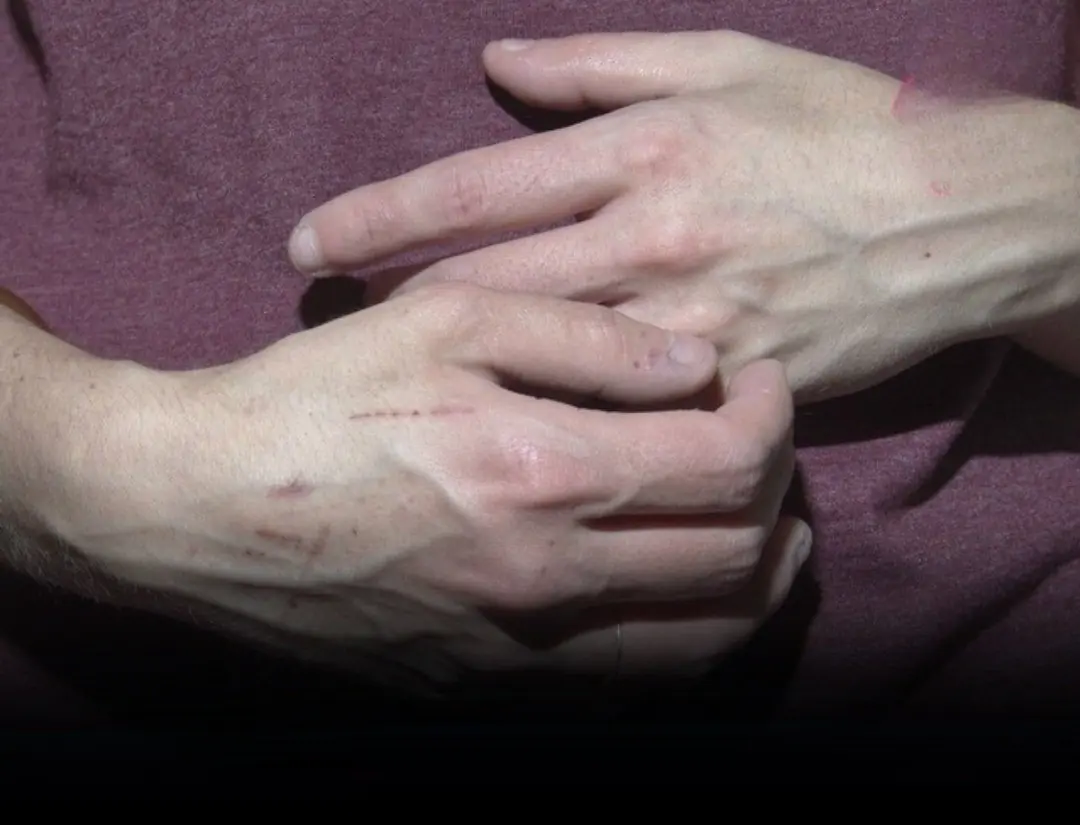
If you notice someone with prominent veins, make sure they hear this advice
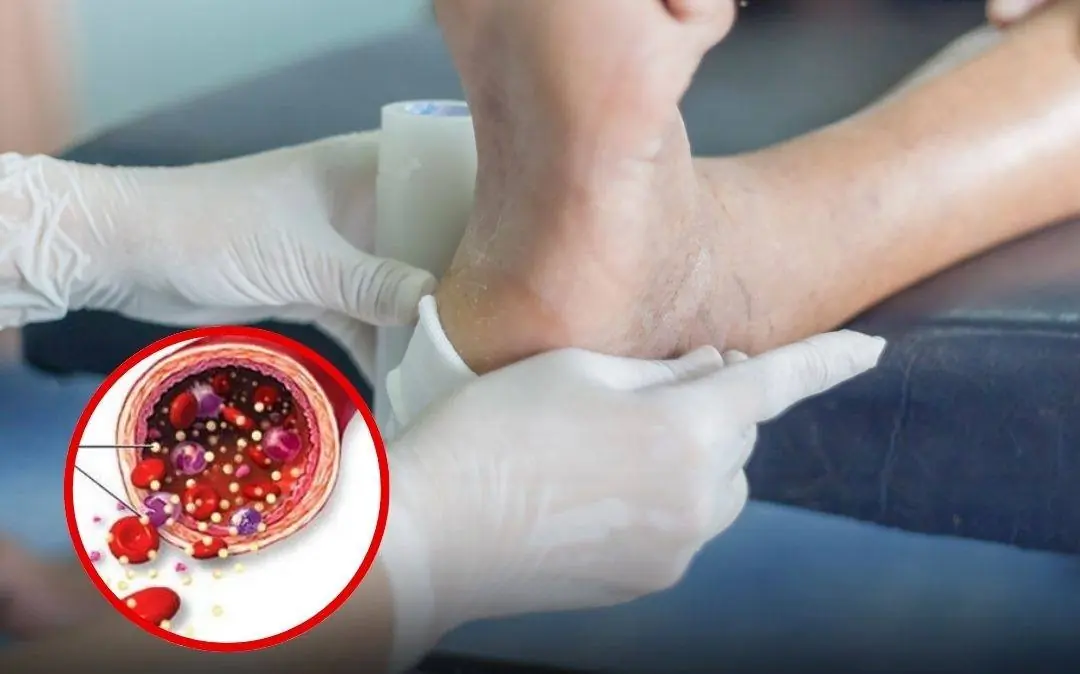
Too many people with irregular bl.o.od sugar levels don’t notice the signals their bodies give!
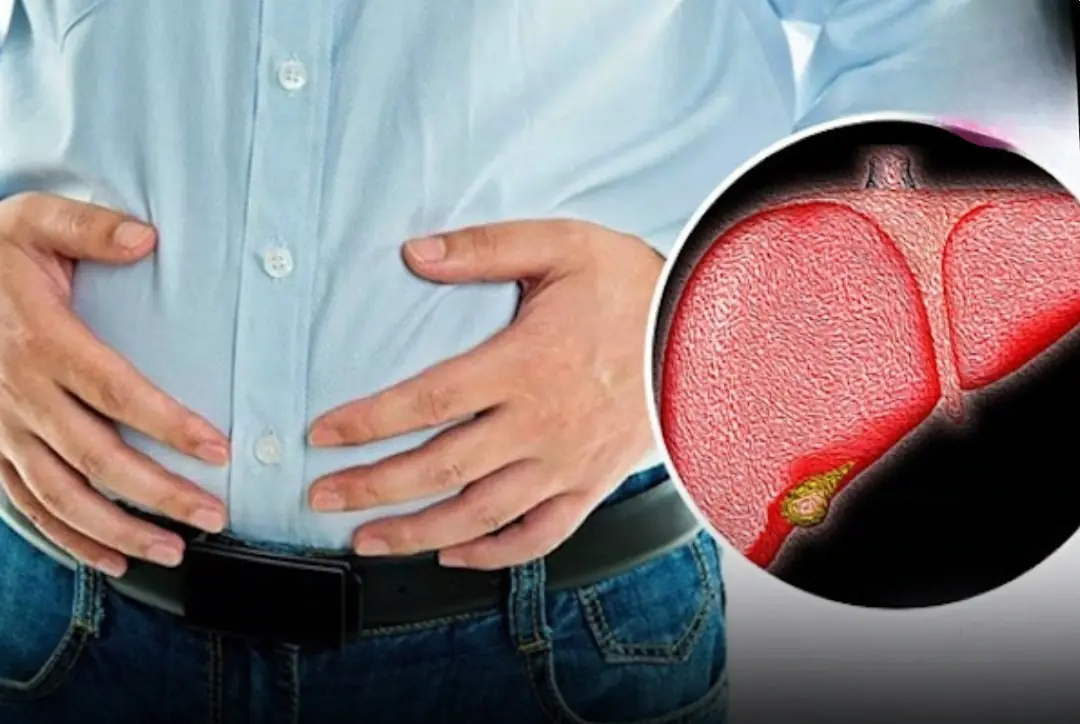
5 Dangerous Habits That Are Destroying Your Liver — Stop Them Now Before It’s Too Late
